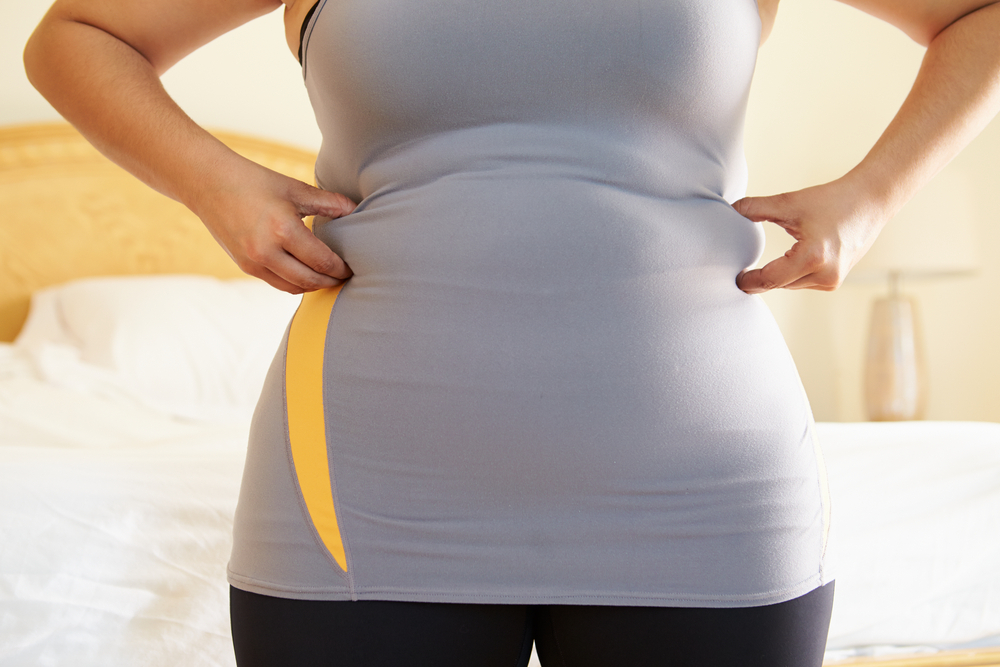What should you do in order not to gain weight in winter? Studies show that as the weather gets colder, our level of movement decreases and we turn to foods with more fat and high carbohydrates. In addition, our exposure to sunlight is shortened. All of these affect our body’s biological rhythm and hormonal balance, making us more prone to weight gain.
In fact, it is possible to spend the cold winter months without gaining weight. Moreover, we do not need to put much effort into it. So what should we do and what should we avoid to maintain our weight?
Drink 30 ml of water per kilo
As the weather gets colder, our sweating rate decreases. The decrease in the amount of water we lose from the body also slows down our thirst reflex. However, it is very important for our cells to get enough water to function. Because water is essential for both our body to function and to get rid of toxic elements. Therefore, take care to drink 1 ml of water per 1 kcal of energy you receive practically or 30 ml of water per kilogram. For example, this value is 70 x 30 = 2100 ml for a person weighing 70 kg.
Do not skip snacks
We don’t all have to eat 3 main meals and 3 snacks. However, it is very important to listen to our body in hunger situations. Especially in hunger lasting longer than 4 hours, if our blood sugar has decreased, our insulin level can rise rapidly with the first meal we eat. Especially between lunch and dinner, having a protein-rich snack (toast with white cheese on whole wheat bread or a yoghurt to be consumed with fruit) will both prevent excessive energy intake at dinner and support the functioning of your metabolism. It will prevent excessive energy intake at dinner and will also support the work of your metabolism.”
Eat protein at noon and vegetables in the evening
Remember; easy to cook, easily digested. Especially if your goal is to lose weight, take care to consume animal protein sources such as red meat, chicken, fish at noon. Proteins take longer to digest than carbohydrates. In the evening, your vegetable-based diet will relax your digestive system and make you wake up more rested the next day.
Drink 2 cups of green tea a day
Green tea, especially after the main meals, slows down the absorption of carbohydrates, preventing the rapid rise in blood sugar and therefore the rapid increase in insulin levels. In addition, thanks to the antioxidants in it, it supports weight loss by reducing the formation of oxidative stress in the body. If you do not have a blood pressure problem, try to drink 2 cups of green tea a day.
Don’t neglect probiotics
“A healthy gut means a healthy person,” remember that. Yogurt and kefir support the digestive system to work more regularly thanks to the beneficial bacteria they contain. Especially in the intestinal flora, where harmful bacteria are more dominant than beneficial bacteria, the risk of obesity and type 2 diabetes increases, so try to consume 2 glasses of yogurt or kefir a day.
Use spices instead of salt
Some foods support the acceleration of our metabolism thanks to the molecules they contain. Especially red pepper helps to burn fat thanks to the capseisin it contains. There are also studies that show that freshly ground black pepper slows the growth of fat cells. If you do not have any stomach problems, you can flavor your meals not with salt, but with spices such as red pepper, black pepper, ginger and turmeric. Thus, by reducing sodium (salt) consumption, you reduce the risk of edema in the body. You can also add flavor to the flavor of your meals by taking advantage of the antioxidant properties of spices.

